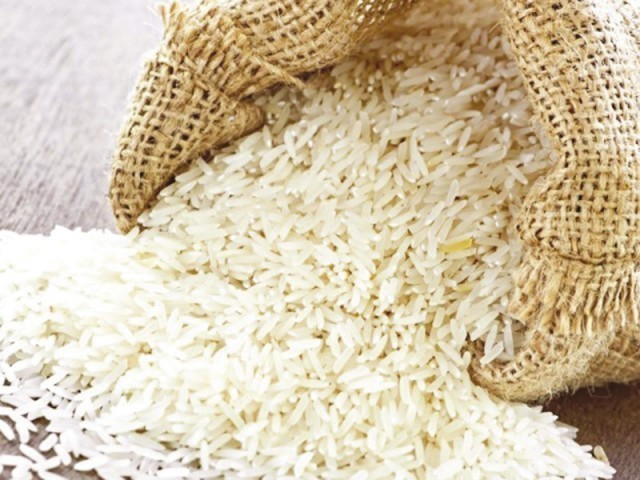Agricultural products: Delegation to leave for Iran to remove export hurdles
Will take up trade and investment issues, particularly rice exports

According to 2005-14 statistics, rice had a 63% share in exports to Iran and the remaining was held by other goods. Kinnow had the second largest share in exports. PHOTO: FILE
The visit was planned following a recent brainstorming session among officials of the ministries of commerce and food security, State Bank of Pakistan and Federal Board of Revenue in the backdrop of lifting of international sanctions from Iran, a senior officer in the Ministry of Commerce said while talking to The Express Tribune.
Pak-Iran trade: ‘Govt should weigh pros and cons before inking FTA’
They discussed how Pakistan could capitalise on the trade opportunities in the neighbouring Islamic republic and boost its exports.
According to the officer, most of Pakistan’s agricultural products have a good market in Iran, but the Iranian agricultural ministry is reluctant to issue necessary permits to its importers.
“To remove the obstacles, a high-level delegation is going to Iran soon to take up the challenges and help pave the way for favourable conditions for bilateral trade,” the officer said.
The delegation will highlight all possible avenues for giving a push to bilateral trade and investment. It will discuss the possibility of rice exports as the commodity is hugely popular in Iran and Pakistan has a surplus produce, which can be shipped to the neighbouring market to meet its demand.
The officer said the State Bank of Pakistan, in collaboration with the Iranian central bank, would establish banking channels between the two countries shortly to put in place a payment mechanism that had been suspended after the imposition of international sanctions on Iran for its alleged nuclear programme.
“We have been told by State Bank officials that they have made all arrangements for establishing banking links with Iran,” he said.
Apart from formal trade through banking channels, Pakistan will also allow informal trade under barter system to people living close to the border.
“Iranian border community gets import and export quotas from its government and we must tap that opportunity by encouraging our border community to engage in barter trade,” he said.
Among agricultural commodities, Pakistan’s rice has great demand in Iran. According to 2005-14 statistics, rice had a 63% share in exports and the remaining was held by other goods. Kinnow had the second largest share in exports to Iran.
Exports reached the maximum of $400 million in 2008-09, but they suddenly started falling in the face of added sanctions on Iran and in the very next year shipments dropped around 100% to $200 million.
Since then, exports had been falling rapidly and in 2013-14 they stood at just $53 million.
Post-sanctions: Pakistan expects positive response from Iran
Exporters have cited the absence of payment mechanism in the face of restrictions on banking channels as the primary factor behind the falling trade as in such a scenario the business community was reluctant to make exports to Iran.
Published in The Express Tribune, January 31st, 2016.
Like Business on Facebook, follow @TribuneBiz on Twitter to stay informed and join in the conversation.



















COMMENTS
Comments are moderated and generally will be posted if they are on-topic and not abusive.
For more information, please see our Comments FAQ